Staying Safe in a Cloud Connected Future
Business tech is moving towards cloud computing without a doubt. Many companies have already transitioned to the cloud. In the coming years, analysts confidently expect most business software programs and tools to be based on cloud computing. Companies that are slow to adapt to this new future are losing a competitive advantage.
The Cloud-Connected World
Cloud computing is popular thanks to the amazing advantages the tech provides. Unlike traditional programs, cloud programs and applications are not self-hosted. Your data will be hosted on the internet (the titular “cloud”), where it can be accessed without needing to be physically present to a particular machine. For example, if you have a file stored on Dropbox, a cloud storage application, you can access the stored file from your desktop, smartphone or a home computer.
Cloud hosting has made it possible for people to access content regardless of geographical location. Businesses with multiple branches across the world can now access a single software program over the cloud. Cloud files do not exist in a singular space. Data on cloud programs are saved on multiple servers, hence the increased access. As long as you have an internet connection, you can access cloud-stored files from just about anywhere using any device.
Security Concerns
Cloud technology has made the unthinkable possible on many fronts. The possibilities for this technology are still being explored. As cloud computing becomes widely popular, risks have become prominent as well. In the increasingly connected world, many are facing serious security threats in the form of hackers and malware.
There have been major news stories about shocking and devastating hacks into cloud networks of companies. Last year, Dropbox was hacked putting millions of users’ data at risk. Sometime before, iCloud accounts belonging to a number of famous Hollywood celebrities were hacked to get access to nude photos. The great and terrible beauty of cloud tech is that everything is connected. If a hacker gets access to even one account, then all the other accounts will be compromised as well. Besides, a hacker can easily get access to vast amounts of sensitive data with a single breach of a cloud network.
Mitigating Risks
There are a number of steps a business or an individual can take to reduce the risk for security breaches with cloud software. Here are several ways to consider:
Choose a Reliable and Trustworthy Cloud Provider
A good portion of security for cloud computing is offered by the service provider. Any lax security measures on the part of the service provider can lead to a breach even if you take all the necessary security steps on your side. Cloud providers may not readily disclose the security measures they are taking to protect data. So, many consumers are taking these companies at their words. In a relationship like this, trust is crucial for staying secure.
So, purchase a cloud computing package only from a company you absolutely trust. Big names in the business like Microsoft, Amazon, Apple and Dropbox are well trusted. Even if Apple and Dropbox have both experienced hacks, these companies quickly fixed the issues and provided immediate security upgrades. Larger companies are generally better at offering security because these have access to top talent and secure infrastructure.
Encrypt Files
The cloud provider should encrypt file on the servers to keep them safe. Hackers cannot read encrypted files even if they get access to them. Encryption, however, should come from both ends. Files should also be encrypted on your end. You can use an encryption tool like TrueCrypt to encrypt your file locally. Even the cloud provider won’t be able to read or access locally encrypted files. This is a necessary step that all businesses must take to keep data absolutely secure.
Host Your Own Cloud
When you hire an outside cloud provider, you are essentially giving up partial control over your files. The cloud provider will possess your data, even if it is corrupted. If you cannot rely on such a relationship, there’s only one way to make sure only you or your employees get access to company data: self-hosted clouds.
You can do this with your current web host. You can then get software like OwnCloud to create your own system no one else has access to. You should secure this network by taking measures such as whitelisting trusted IP addresses and encrypting data on the servers.

